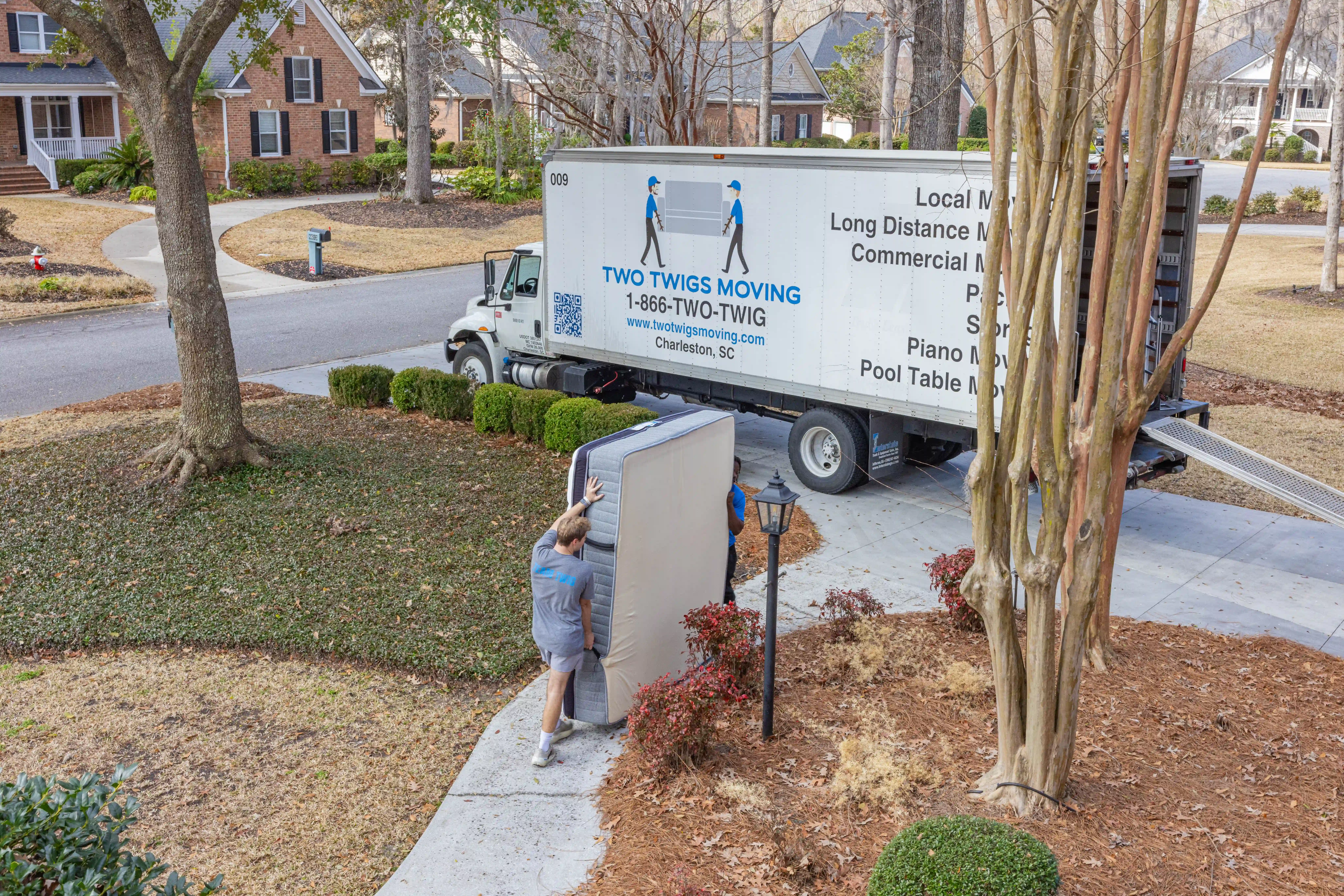Moving to a new neighborhood is an exciting opportunity to start fresh and build new connections. However, it can also feel overwhelming as you navigate unfamiliar territory. Here’s a guide to help you settle into your new community, build connections, and find essential local services.
1. Introduce Yourself to Neighbors
One of the first steps in settling into a new neighborhood is introducing yourself to your neighbors. A friendly introduction can go a long way in making a positive first impression. Consider knocking on doors to say hello or attending any neighborhood welcome events. A simple gesture like offering homemade cookies or a small gift can also help break the ice and start conversations.
2. Explore Local Community Centers and Events
Community centers are often hubs of local activity and a great place to meet new people. Check out your local community center for information on events, classes, and activities that interest you. Participating in community events, such as festivals, farmers’ markets, or local fairs, provides opportunities to connect with others and learn more about the area.
3. Join Local Clubs and Organizations
Joining local clubs, groups, or organizations is a fantastic way to meet people with similar interests. Look for clubs or organizations related to hobbies, sports, or social causes you’re passionate about. Whether it’s a book club, a sports league, or a volunteer group, these activities can help you forge new friendships and become an active member of your community.
4. Utilize Social Media and Apps
Social media platforms and neighborhood apps are valuable tools for connecting with your new community. Join local Facebook groups or neighborhood apps like Nextdoor to stay informed about local news, events, and services. These platforms often feature community discussions and recommendations that can help you get acquainted with your new area.
5. Visit Local Businesses
Frequenting local businesses not only supports the local economy but also helps you get to know your neighborhood. Visit nearby coffee shops, restaurants, and shops to become a familiar face. Engaging with local business owners and employees can lead to valuable recommendations and help you feel more connected to the community.
6. Locate Essential Services
Finding essential services is crucial for settling into your new home. Here’s a list of key services you should locate:
- Healthcare: Identify nearby doctors, dentists, and pharmacies. Check if they accept your insurance and visit them for any initial consultations or check-ups.
- Schools: If you have children, research local schools and their enrollment processes. Visit schools and meet with administrators to understand their programs and resources.
- Utilities and Public Services: Ensure you have all utilities set up and functioning, including electricity, water, gas, and internet. Find out about local waste management and recycling services as well.
- Emergency Services: Familiarize yourself with the nearest hospital, police station, and fire department. Knowing their locations and contact information can be important for your safety and peace of mind.
7. Get Involved in Neighborhood Initiatives
Many neighborhoods have initiatives or associations that work to improve the community. Get involved in neighborhood watch programs, local improvement projects, or homeowner associations if available. Contributing to these initiatives not only helps improve your neighborhood but also fosters a sense of belonging and community pride.
8. Attend Local Religious or Spiritual Gatherings
If you’re religious or spiritual, attending services or gatherings at local places of worship can provide a sense of community and support. These gatherings often offer social events, support groups, and volunteer opportunities that can help you connect with others who share your beliefs.
9. Explore Local Parks and Recreational Areas
Local parks and recreational areas are great places to relax and meet new people. Take advantage of walking trails, playgrounds, or sports facilities. Many parks also host community events or classes that can be a fun way to engage with your new neighbors.
10. Be Patient and Open-Minded
Building connections and settling into a new neighborhood takes time. Be patient with yourself and open-minded about new experiences. Engage in community activities, show genuine interest in your surroundings, and gradually, you’ll find your place and develop meaningful connections.
In conclusion, settling into a new neighborhood involves a mix of proactive efforts and patience. By introducing yourself to neighbors, participating in local events, and utilizing available resources, you’ll build connections and find essential services to help you feel at home. Embrace the opportunity to explore and integrate into your new community, and you’ll soon find yourself enjoying all that your new neighborhood has to offer.


.svg)


